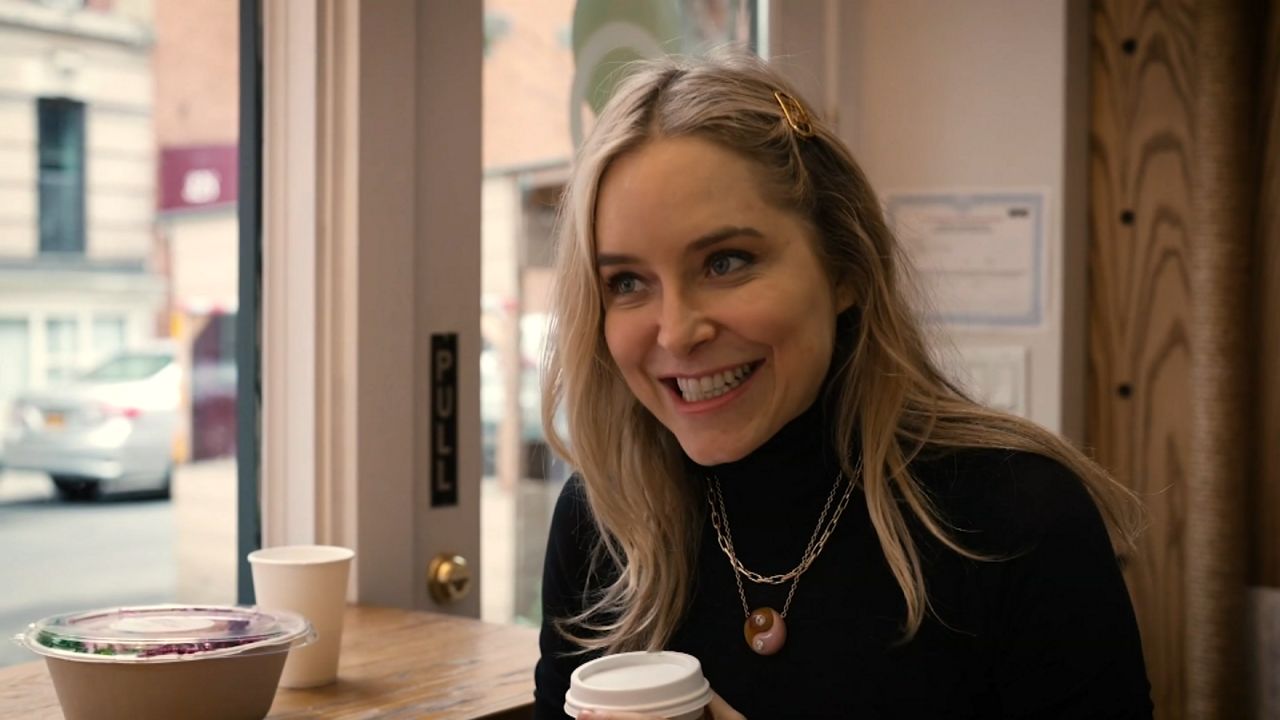June Ambrose: Puma creative director and costume designer, entrepreneur and New Yorker.
She’s the mastermind behind the looks of some of music’s most iconic artists — like Mase and Puff Daddy, Missy Elliott and Jay-Z, who calls her his “secretary of style.”
She joined Jamie Stelter on this episode of "Extra Shot" at CUP (Coffee Uplifts People) in Bedford-Stuyvesant in Brooklyn, where one of the owners is Angela Yee, a host on Power 105.1's "The Breakfast Club."
“I grew up on the shoulders and on the backs of really strong women. So any time I can celebrate them through everything that I touch, I really try to highlight and amplify their voices and be very inclusive. And I keep score of all of that,” Ambrose said.
Keeping Score is the name of her new collection at Puma. But to understand her successes of today, we have to go back a little bit to when Ambrose was just a little girl.
“I was a theater girl. I studied theater in high school and continued to use theater after I graduated. But realized that it would be nice to have some money,” she said.
“I took a job at an investment banking firm, which was very helpful because it really taught me financial literacy and prepared me to go off on my own and start my own business," she added.
Ambrose is a graduate of New York City public schools, and both of her children are as well. She loves the city, but like most New Yorkers, believes there's always room for improvement.
“Mayor [Eric] Adams and I are both vegan, and I met him when he started his vegan journey and I’m in his vegan book. So, listen, he has a really tough job. No job in leadership is easy,” she said.
This year, the city is celebrating 50 years of hip-hop, and Ambrose played a pivotal role in getting hip-hop artists to be taken seriously by the mainstream media by styling them in decadent high-fashion looks.
“It was because of the visual imagery. I think it really helped people to pay attention to listen to music that was considered alternative,” she said.
“It was considered an alternative genre of music like rock and roll. Rock and roll music was considered secular, it was bad. Gangster hip-hop music was considered the same way that parents looked rock and roll music,” she said. “But I looked at it as poetry. I looked at it as a way out, as a vehicle. And I wanted to be able to help to shape that narrative in a way that I saw it 20 years from now.”




 EXTRA SHOT BEVY SMITH PKG CG_127791661_4881)

